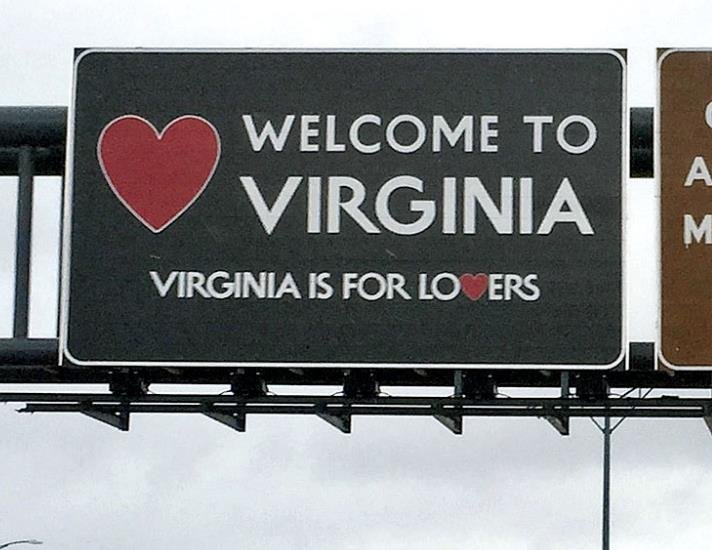In a move that has stirred robust debate across the political spectrum, Virginia Governor Glenn Youngkin has vetoed a series of progressive bills, including those aimed at establishing retail marijuana sales and raising the minimum wage. This decision underscores the ongoing tension between the state’s executive leadership and legislative bodies, as well as the broader national conversation about economic policy and drug legalization.

The Marijuana Market Moratorium
Governor Youngkin’s veto has put a halt to the establishment of a regulated retail marijuana market in Virginia. This decision comes despite the state’s previous steps towards legalization, which allowed adults to possess and cultivate marijuana. The vetoed bill would have paved the way for applications for cultivation, testing, processing, and selling marijuana, with a view to opening the market by May 1, 2025.
The governor cited concerns over health and safety, increased crime, and the persistence of the black market as reasons for his veto. This stance has been met with criticism from advocates who argue that a regulated market would mitigate these issues and provide economic benefits.
Wage Increase Woes
The veto also struck down legislation that would have seen a gradual increase in the state’s minimum wage, eventually reaching $15 per hour by January 2026. Governor Youngkin expressed concerns that the wage hike could imperil Virginia’s economic stability and job market.
This decision has sparked a dialogue about the living wage and the role of government in regulating the economy. Proponents of the increase argue that it is essential for supporting low-income workers, while opponents caution against potential negative impacts on businesses and employment rates.
Workers’ Compensation Conundrum
Additionally, bills related to workers’ compensation were among those vetoed by Governor Youngkin. The specifics of these bills and the implications of their rejection are part of a larger discussion on workers’ rights and the balance between supporting employees and maintaining a favorable business climate.
The governor’s vetoes reflect a conservative approach to governance and have set the stage for potential legislative overrides or further political maneuvering. The decisions have implications not only for Virginia but also for national policy trends and the future of progressive legislation.
Emily Wilson is a talented wordsmith whose passion for cannabis shines through in her eloquent articles that explore the plant’s cultural significance and historical context. With a focus on arts and lifestyle, she weaves together narratives that celebrate the creativity, innovation, and community fostered by cannabis enthusiasts worldwide. Emily’s unique perspective and engaging storytelling invite readers to embark on a journey of discovery and appreciation for the diverse facets of the cannabis experience.








